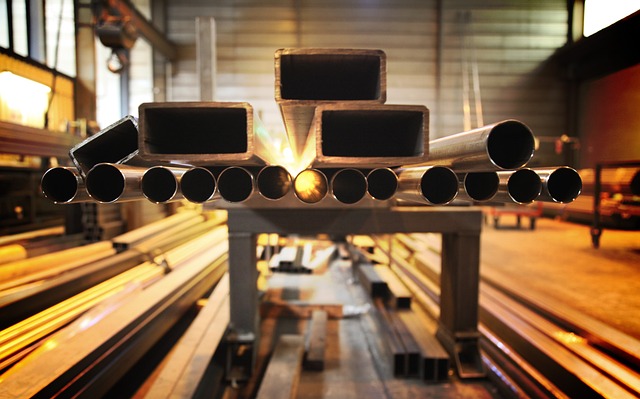Tata Steel Ltd and ABB, a global technology leader, have formalized their collaboration by signing a Memorandum of Understanding (MoU), aimed at jointly developing innovative solutions to reduce the carbon footprint associated with steel production. Leveraging ABB's extensive expertise in automation, electrification, and digitalization within the mining and metals sectors, this partnership aligns with Tata Steel's commitment to sustainability, including its goal of achieving carbon neutrality by 2045. To advance this mission, Tata Steel has set a medium-term target of reducing carbon emissions to less than two tons of CO₂ per ton of crude steel in its Indian operations by 2025.
The primary focus of this collaboration will be conducting comprehensive system-level assessments of Tata Steel's manufacturing plants and production facilities to identify and co-develop short-term and long-term strategies for improving energy efficiency, decarbonization, and circularity in steel production.
Vipul Gautam, Group Vice President and Global Account Executive for Tata Group at ABB, emphasized this initiative's importance, stating that steel companies recognize the potential to enhance their processes. Tata Steel is at the forefront of efforts to improve energy efficiency and reduce carbon emissions. According to figures from the World Economic Forum, achieving global net-zero emissions by 2050 will necessitate up to three billion tons of metals in the medium term, six times more than current levels. ABB is confident in collaborating with customers and partners to revolutionize the energy sources driving steel production and help meet production and environmental objectives.
Tata Steel's commitment to sustainable development and growth is fundamental to its corporate philosophy. To ensure sustainable expansion, the company is actively working on implementing key drivers for deep decarbonization, including increased utilization of scrap in steelmaking, adoption of alternative fuels like natural gas and green hydrogen, utilization of renewable energy sources, and the deployment of carbon capture and storage/utilization technologies. Tata Steel envisions boosting its production capacity to 40 million tons by 2030, and this partnership with technology leader ABB plays a pivotal role in sustaining this growth.
The collaboration between ABB and Tata Steel will explore various avenues for energy optimization, including the use of hydrogen as an alternative fuel for upstream processes, energy reduction strategies, and integration of fully digitalized systems such as ABB Ability eMine and e-Mobility solutions, as well as energy-efficient motors.

